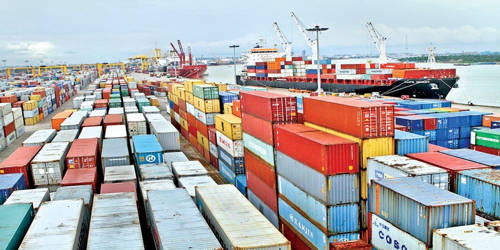Dumping
The term ‘dumping’ is used in foreign trade to denote a sale of “goods abroad at prices lower than those prevailing in the home market. In economics, it is a kind of injuring pricing, especially in the context of international trade. It is a term used in the context of international trade. The objective of dumping is to increase market share in a foreign market by driving out competition and thereby create a monopoly situation where the exporter will be able to unilaterally dictate the price and quality of the product. The purpose behind dumping is to undercut the producers in the importing country. It’s when a country or company exports a product at a price that is lower in the foreign importing market than the price in the exporter’s domestic market. It is when a country’s businesses lower the sales price of their exports to unfairly gain market share. But in practice, dumping means selling the product at a high price in the domestic market and a low price in the foreign market.
Dumping is when a country lowers export prices to gain market share. The biggest advantage of dumping is the ability to flood a market with product prices that are often considered unfair. Another advantage of dumping is selling at an unfairly competitive lower price. It is a form of unfair competition as products are being sold at a price that does not accurately reflect their cost. The problem with dumping is that it’s expensive to maintain. It can take years of exporting cheap goods to put the competitors out of business. Another disadvantage is retaliation by the trading partner. Countries may impose trade restrictions and tariffs to counteract dumping.
Dumping waste at sea might appear nothing but negative, causing pollution and threatening marine ecosystems. Random dumping may be a criminal act by people that don’t want to pay a dumping fee or clean up after their pet.
The main objectives of dumping are as follows:
- To Find a Place in the Foreign Market: Due to perfect competition in the foreign market, he lowers the price of his commodity in comparison to the other competitors so that the demand for his commonly may increase.
- To Sell Surplus Commodity: When there is excessive production of a monopolist’s commodity and he is not able to sell in the domestic market, he wants to sell the surplus at a very low price in the foreign market.
- Expansion of Industry: When he expands it, he receives both internal and external economies which lead to the application of the law of increasing returns.
- New Trade Relations: The monopolist practices dumping in order to develop new trade relations abroad.
















